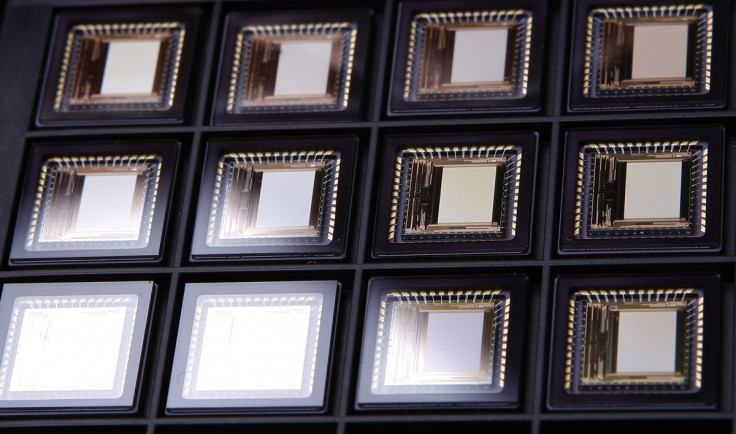Low-light photography to become far better through a new image sensor

You would soon be able to capture shots under extreme low light through a new image sensor that is claimed to significantly enhance low-light sensitivity. The new technology has potential applications in scientific research and cellphone photography.
Known as Quanta Image Sensor (QIS), the new image sensor is in development by Eric Fossum, inventor of the CMOS image sensor and professor at Darmouth's Thayer School of Engineering, in collaboration with Thayer PhD candidate Jiaju Ma. Both have worked on QIS technology for the last three years to deliver an advanced solution for security cameras, astronomy and life science imaging. In addition, the technology can be used in mobile devices like smartphones to improve imaging results.
Ma told online science news service Phys Org that the QIS uses new pixels that are smaller than regular pixels to sense only one photon. This, however, does not mean that there are fewer pixels on the sensor. "We'd like to have 1 billion pixels on the sensor and we'll still keep the sensor the same size," Ma said.
The large number of small-sized pixels on the sensor helps in capturing the same amount of photons from the image and thus deliver an enhanced low-light experience. Moreover, the new pixels are said to have the ability to sense and count a single electron to detail low-light shots.
"We deliberately wanted to invent it in way that is almost completely compatible with today's CMOS image sensor technology so it's easy for industry to adopt it," Fossum said, adding, "The question was how to build this in a current, commercially accessible, not-too-expensive CMOS process."
The researchers have not defined any certain public release date for their innovation that could improve low-light photography of today's era. However, Ma said that it is proof of concept.
The size of the sensor and its reaction with electrons and protons are among the several challenges that the Fossum's team is facing today. Further, companies like Canon, Sony and Nikon are yet to deploy their resources on the new technology.
© Copyright IBTimes 2025. All rights reserved.





















